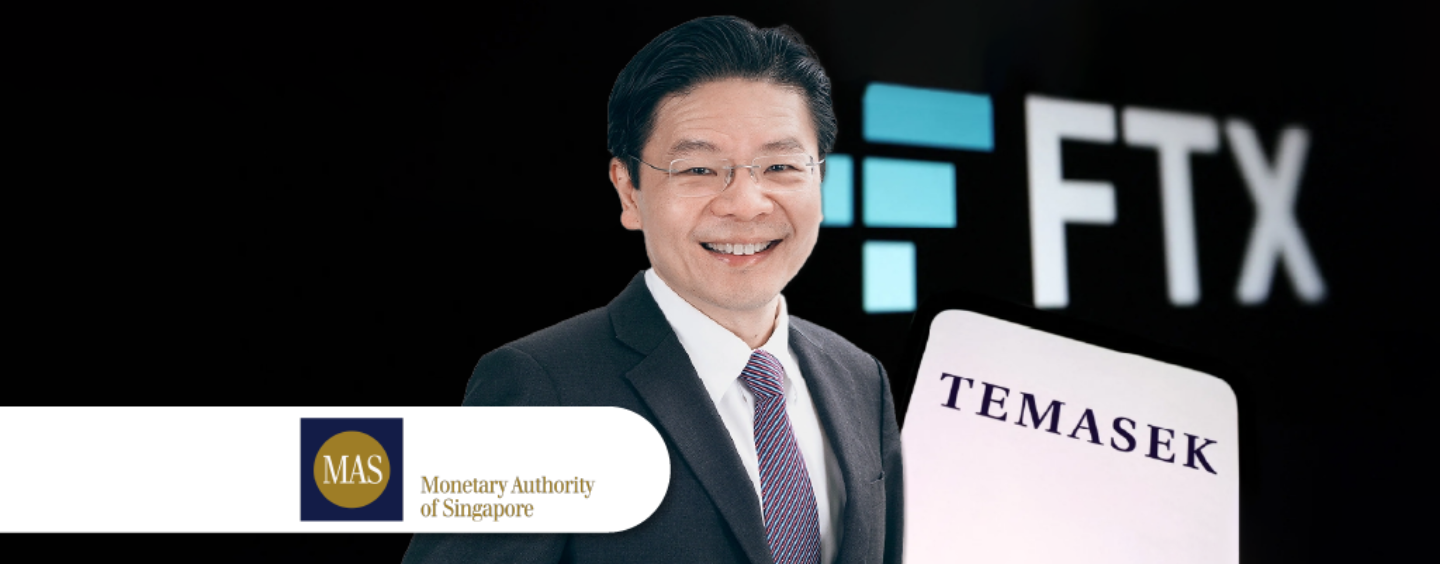
DPM Lawrence Wong Says FTX Investment Caused Reputational Damage to Temasek
by Fintech News Singapore December 1, 2022Temasek’s US$275 million investment in now-bankrupt crypto exchange FTX has not only caused financial loss but also reputational damage to the Singapore’s state-owned investor said Lawrence Wong, Deputy Prime Minister (DPM) and Minister for Finance, and Deputy Chairman of MAS in a parliamentary reply.
The investor was forced to write down its rather hefty investment to zero.
Temasek also attempted to distance itself from the FTX contagion by stating that it did not have a board seat since it held only a minority stake of less than 1% in the crypto exchange.
However, following FTX’s fallout, it came to light that its then-CEO Sam Bankman-Fried made no attempts to form a board of directors in the first place.
When Bankman-Fried pitched venture capital company Social Capital during a fundraise for a US$17 billion round, its founder and CEO Chamath Palihapitiya suggested the the formation of a board if they were to proceed but his suggestion was met with derision and he was told to “go f**k yourself”.
Temasek claims to have done an “extensive due diligence process on FTX” which took approximately 8 months.
In light of recent events, Lawrence said that Temasek has initiated an internal review by an independent team to study and improve its processes, and to draw lessons for the future.
However, the DPM felt that the governance structures that are already in place for Temasek more extensive than those of a typical company when several members of the parliament had suggested implementing more guidelines and safeguards over the investments made by the state investor.
Temasek, which is an investment holding company, is audited by commercial auditors and is subject to the President’s oversight of their budgets and key appointments.
With these measures in place, Lawrence denied the need for additional audit requirements or Parliamentary Committees and said that the board should instead be insulated from political pressures.

Lawrence Wong
Lawrence concluded,
“In conclusion, the FTX loss is disappointing, and is being taken seriously. But the occurrence of investment losses does not in itself imply that the governance system is not working. Rather, this is the nature of investment and risk-taking.
What is important is that our investment entities take lessons from each failure and success, and continue to take well-judged risks in order to achieve good overall returns in the long term. In this way, we can continue to add to our national reserves, and provide a stable income stream to fund government programmes for a long time to come.”







